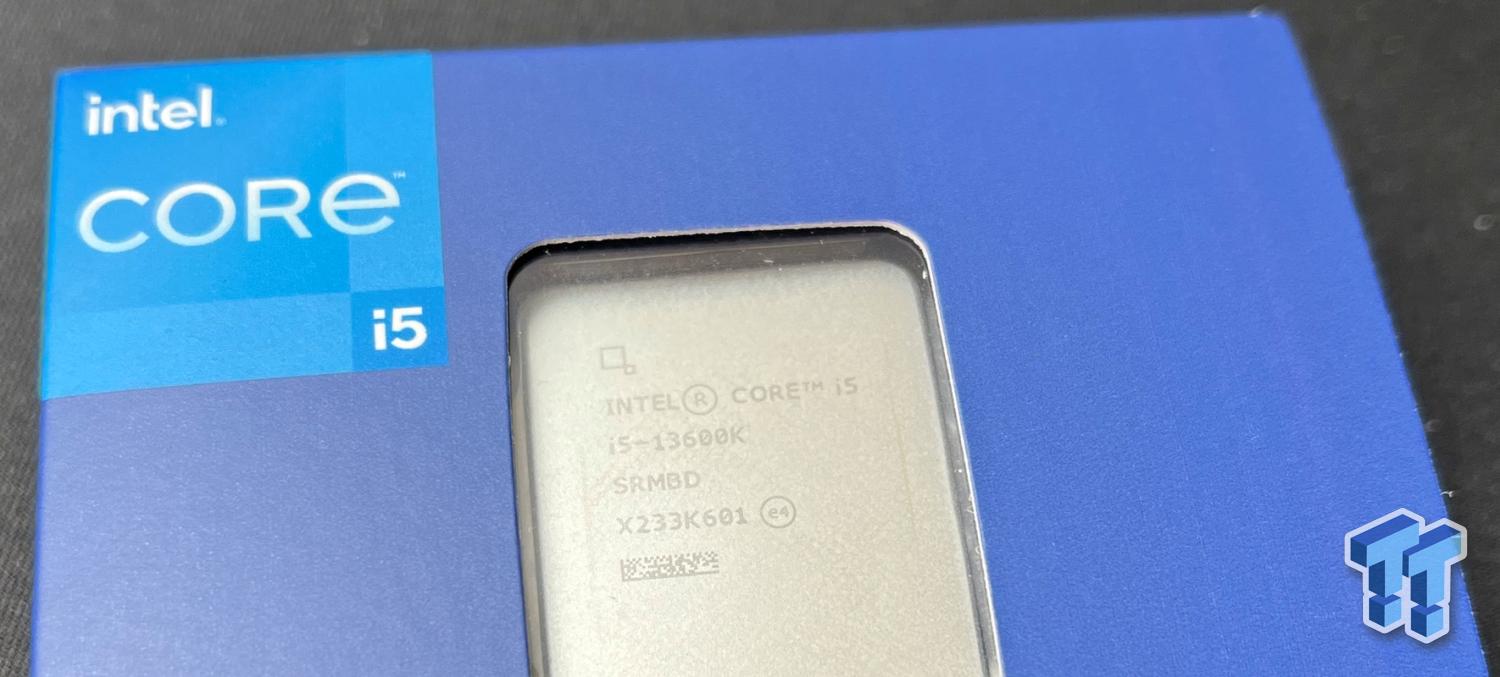- Mar 15, 2003
- 2,157
- 82
- 91
As I understand it, if I want the most capable CPU possible from Intel at stock, I'd have to get a K series (with unlocked multiplier), even if I'm not planning on overclocking. Is this correct?
(I suppose what I'm asking is if the base frequency of, for example, a 13900 being much lower than a 13900K really matters when their turbo clock is almost the same.)
As per this article:
(I suppose what I'm asking is if the base frequency of, for example, a 13900 being much lower than a 13900K really matters when their turbo clock is almost the same.)
As per this article:
| AnandTech | Cores P+E/T | P-Core Base | P-Core Turbo | E-Core Base | E-Core Turbo | L3 Cache (MB) | IGP | Base W | Turbo W |
| i9-13900K | 8+16/32 | 3300 | 5800 | 2200 | 4300 | 36 | 770 | 125 | 253 |
| i9-13900 | 8+16/32 | 2000 | 5600 | 1500 | 4200 | 36 | 770 | 65 | 219 |
Last edited:




